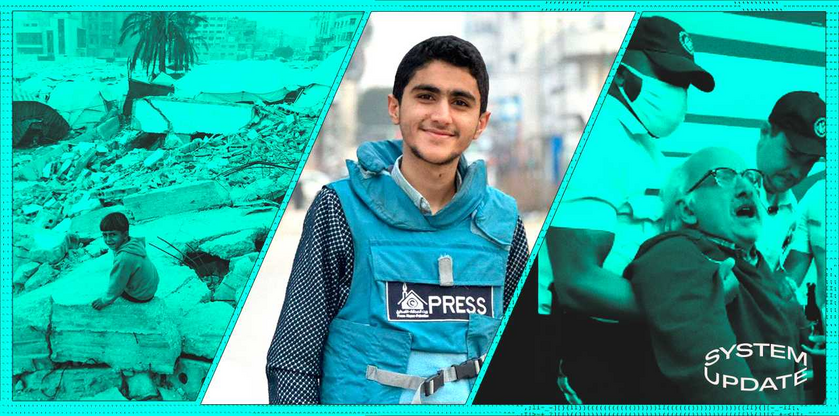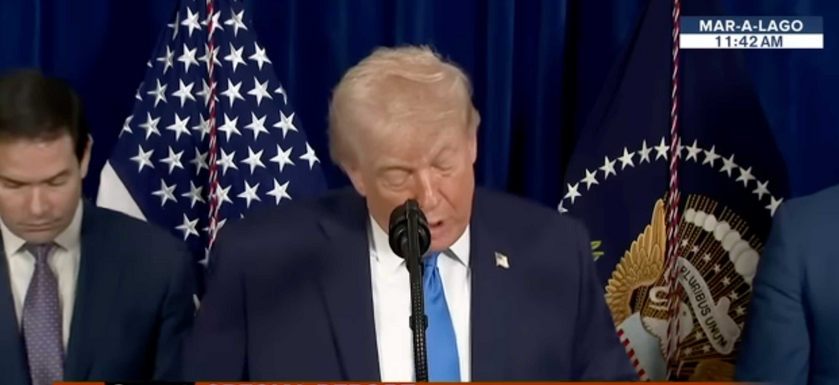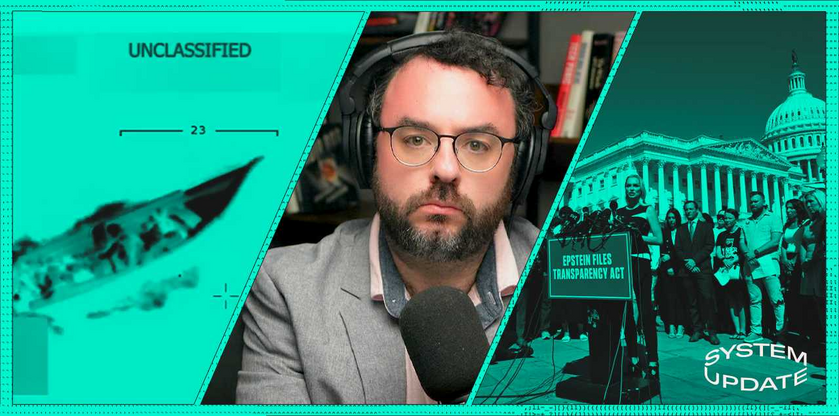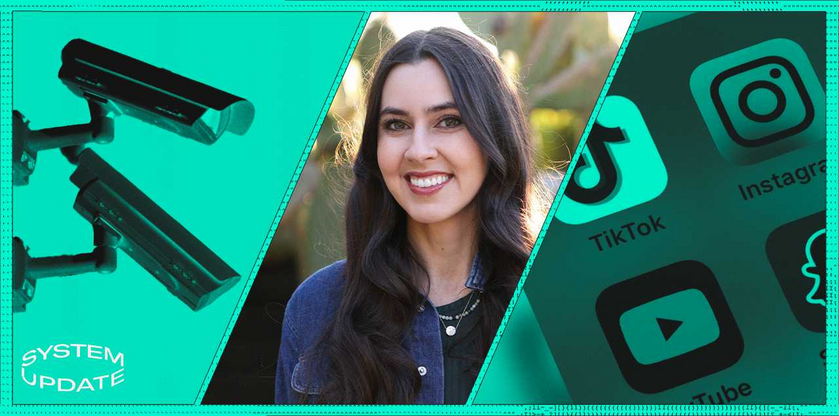The following is an abridged transcript from System Update’s most recent episode. You can watch the full episode on Rumble or listen to it in podcast form on Apple, Spotify, or any other major podcast provider.
System Update is an independent show free to all viewers and listeners, but that wouldn’t be possible without our loyal supporters. To keep the show free for everyone, please consider joining our Locals, where we host our members-only aftershow, publish exclusive articles, release these transcripts, and so much more!
One of the most dangerous things, in Gaza, over the last 15 months has been to be a journalist. The Committee to Protect Journalists estimates that 166 Palestinian journalists have been killed in Gaza since the start of the Israeli bombing and invasion, at least some of them, if not most, were deliberately targeted due to their vital work, especially with no Western journalists being permitted to enter unless embedded with the IDF. And the people who are chosen to embed with the IDF were chosen precisely because – to put it mildly – they have no interest in reporting on Gaza, only mimicking Israeli propaganda.
One of the journalists who has gained prominence for his courageous work over the last 15 months is Abubaker Abed, who is only 22 years old. He has used his fluent, actually quite eloquent English to become one of the most important voices telling and showing the rest of the world what is actually happening in his homeland. Originally intending to be a sports journalist covering Palestinian and global soccer, his life was upended when Gaza started to be destroyed, and he directed his journalistic skills and passion to tell that story. We spoke to him a bit earlier today in a recorded interview about life in Gaza over the past 15 months, whether they now have hope for a cessation of these attacks, re-building their society, and a return to some segment of normal life. We talked about the view of Israelis in Gaza and how they understand their broader struggle for freedom, as well as their view of the United States. All I can really say, I could summarize it further, but what I can really say is that Abubaker is an extraordinary person. It's one of the reasons why he's gained so much prominence of attention and affection.
In the U.S., the long-time independent journalist Sam Husseini was physically dragged out of a State Department briefing yesterday for the crime of directing adversarial questions – the only kind journalists are supposed to ask – to Secretary of State Antony Blinken. He did so rather than waiting for permission to raise his hand, knowing he would never be called on because he doesn't work for a large corporate media outlet. Sam is with us tonight to talk about why he found the questions he posed to Secretary Blinken about Gaza so vital and couldn't wait until he was given permission to raise his hand. He also talked to us about why he rejects this incestuous and friendly deference that most corporate journalists give to top U.S. officials like Blinken and to these pompous protocols they establish. And most of all, what all of this says about the U.S. corporate media generally and its coverage of the U.S. government's Israel and Gaza policies specifically.
Two great interviews.
Interview: Abubaker Abed
G. Greenwald: Abubaker, it's really great to see you. It's great to speak with you. We're so thrilled to have you on. I've been really admiring your courageous and important journalism throughout these entire 15 months under the most difficult of circumstances. So, I really think there's nobody better to talk to about where we are in Gaza, what the likely future of Gaza and everything that's going on there than you. So, let me begin by asking how you're doing. I think a lot about people in Gaza, especially the people who have survived and what they've gone through over the 15 months and how it's probably impossible to imagine it. But how are you doing personally at this moment? Like, what has your life been like?
Abubaker Abed: Well, it's been literally nightmarish every single day, really hot hell, so much pain, so much suffering, but yeah we really managed to go through all of that and survive and hopefully the cease-fire will continue until Gaza is rebuilt again. But every single day, every single day, we felt that we were alone. We felt we went to what was unimaginable, what was unbearable. We had to go through starvation many times, we had to shed tears over our loved ones, over our friends and family members even, and every day we really felt that we were stripped of our humanity. We were stripped of, you know, the human values of anybody because that is what the world accepted and tolerated to happen to us over the course of the past 15 months.


















